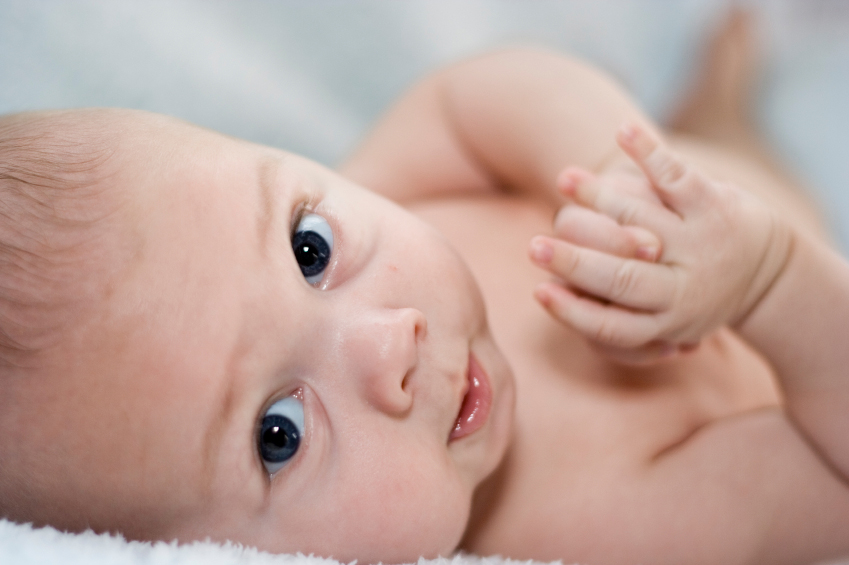Nowadays, neonatal screening for a certain number of diseases using a blood sample taken from a newborn baby, is routinely performed at birth. Most of the time, the parents are not concerned and no disease is detected.
However, using this same blood sample, it is also possible to carry out complete genome sequencing of the newborn infant. This begs the question as to what should parents learn about the genome of their child? Does too much information for the parents violate the child’s independence or harm the child? American scientists and doctors have formed a consortium, NSIGHT, financed by the NIH (National Institute for Health) in order to answer these questions. This consortium will work closely with couples and their newborn infants whose genome will be sequenced, in order to establish directives for introducing this new technology into neonatal screening. It “does the groundwork”.
Three clinical scenarios are envisaged: sequencing for diagnostic (to find the specific genetic causes of congenital anomalies or unexplained disease in the child), preventive (to screen healthy newborn infants for avoidable or treatable diseases) and predictive purposes (to explore the child’s entire genome as a life-long health care resource).
Robert Green, Co-Director of the study, believes that this is an “ambitious undertaking,”but one that is required to ensure “that this new technology is applied responsibly”. “We hope that the information gleaned from these studies will lead to recommendations on the optimum use of genome screening in newborn infants”, he declared.
Medical press (17/01/2017)

